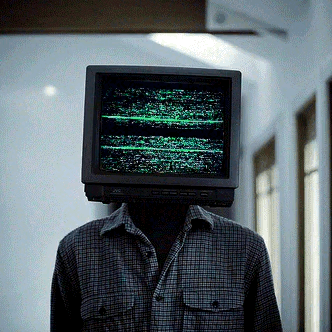The web has seduced us — and by us I mean me — into a life of 24-7 journalistic overload. For me, that can mean running out of bandwidth before getting to a story that actually deserves close attention. My limited brain can digest only so much before it shorts out.
Even a strung-out news junkie such as myself needs to log off every so often. Self-styled media literacy is as addictive as blissful ignorance.
Religion coverage has suffered greatly in this new journalistic reality. We’re provided an abundance of attention-grabbing stories about clergy hypocrisy, largely involving sexual, material or political excess. We get too few stories that connect the data points of everyday religious complexity that allows us to understand issues more deeply.
Here are two recent stories that struck me as worthy of the attention that’s too often withheld. One involves China, the other India. The only connection between them is that they both reveal deep truths about the religious reality of the societies they report on.
Let’s start with China, the more straightforward of the two stories.
It comes from Foreign Policy and ran under the intriguing, but incomplete, headline: “The Chinese Communist Party Is Scared of Christianity.”
Why incomplete? Because as the writer notes, it’s not just Christianity that scares China’s totalitarians rulers. It’s all unauthorized official thinking, religious or otherwise.
Did the headline mention Christianity alone because editors figured that would play best with their mostly western readership? Is this another example of algorithmic journalism?



